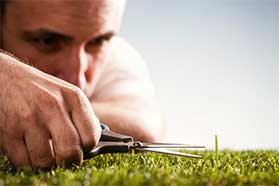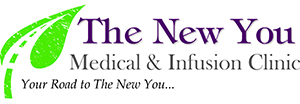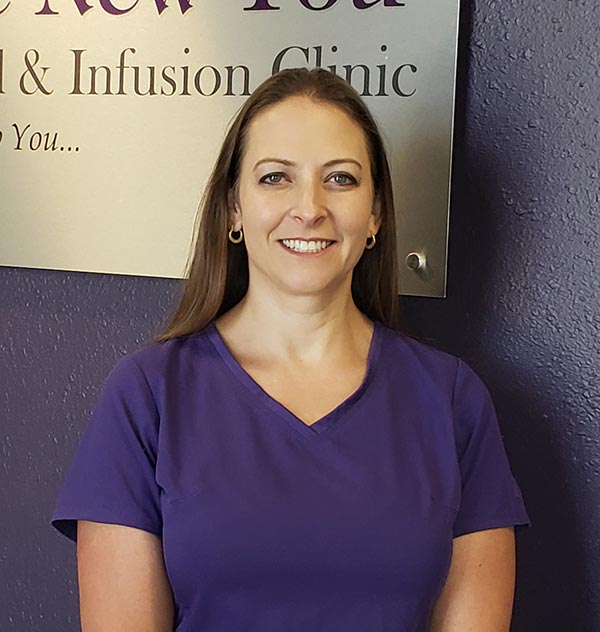Obsessive-Compulsive Disorder (OCD) Treatment in Arlington, TX

Men, women and children with obsessive-compulsive disorder (OCD) struggle with a mental health condition that causes an obsession with rituals, thoughts or behaviors. These obsessions can interfere with daily life. People with OCD are distressed by their own behavior but cannot control their impulses.
OCD symptoms will vary depending on the obsession. Some common ones include:
- Frequent hand washing
- Locking and relocking doors multiple times
- Repeatedly checking things
- Touching things in a particular order
- Repeatedly counting things
- A preoccupation with order and symmetry
- Trouble throwing things out (hoarding)
- Obsessive thoughts of violence toward loved ones
To find out more about obsessive-compulsive disorder, please call (817) 203-2760 or contact Ms. Jessica Stangenwald online.
OCD Symptoms
Symptoms of Obsessive Compulsive Disorder can range from mild to severe and may include:
- Performing the same rituals or steps over and over again
- Taking at least one hour per day to perform the rituals
- Having repeated thoughts about a variety of issues including germs, intruders in the home, violent acts against loved ones, sexual acts, or being very tidy
- An inability to control the unwanted thoughts and behaviors
- Get no pleasure from the rituals, just a brief break from the anxiety
What Causes OCD?
Scientists aren't entirely sure. Sometimes it runs in families, but this isn't always the case. Researchers believe that OCD is tied to the brains response to fear and anxiety. They are studying more about the brain's role in these emotions and hope to find better treatments in the future.
Diagnosing Obsessive-Compulsive Disorder
It can be hard to diagnose OCD. In some cases, symptoms can come and go over time and some people choose to cover their thoughts with drugs, alcohol or another mental health condition like an eating disorder .
See a healthcare professional for guidance. A physical examination will be completed first to make sure there isn't a physical trigger and a referral to a mental health professional may also be required.
OCD Treatment
Treatments include a combination of psychotherapy, medications or both. Not everyone will respond the same way to all treatments, so healthcare providers will need to adjust based on the patient's response.
Psychotherapy can help teach OCD sufferers how to change their thought habits, behaviors or reactions to specific situations to reduce anxiety and impulses.
Medications including anti-anxiety and antidepressants are also thought to be helpful, but should be monitored by a healthcare professional. In some cases, your healthcare provider may recommend biofeedback therapy to measure brain activity before beginning a medication regimen. Biofeedback therapy may also help OCD sufferers to control their behaviors through breathing, meditation, stretching or flexing.
Request More Information
To learn more about obsessive-compulsive disorder, please call (817) 203-2760 or contact Ms. Jessica Stangenwald online.
The New You Medical & Infusion Clinic
Address
100 Grapevine HwyHurst, TX 76054
(817) 203-2760
https://www.newyoumedclinic.com/
Hours
Mon:
10:00 am - 6:00 pm
Tue:
10:00 am - 6:00 pm
Wed:
10:00 am - 6:00 pm
Thu:
10:00 am - 6:00 pm
Fri:
Closed
Sat:
Closed
Sun:
Closed


